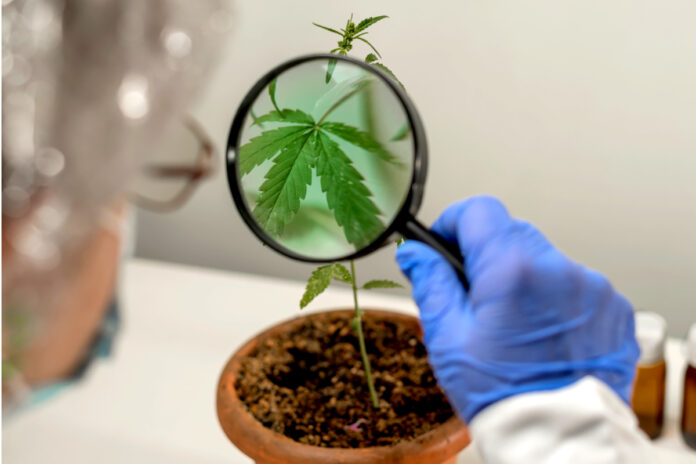WASHINGTON, D.C. – Legislation to expand access to cannabis products for clinical research has advanced in the House Energy and Commerce Committee. First introduced by Representative Earl Blumenauer (D-Ore.), the Medical Marijuana Research Act of 2019 (H.R. 3797) would permit scientists to analyze cannabis produced by companies operating legally under state law.
Currently, the University of Mississippi is the only institution permitted by federal law to provide researchers with cannabis. Not only does this limit and delay access, but it also may not provide scientists an accurate picture of what consumers are ingesting. Cannabis from the University is considered, by many, to be more like industrial hemp than the THC rich cannabis consumers have access to in state-legal markets. H.R. 3797 would also decrease approval times and simplify the application process for researchers seeking to analyze cannabis.
“As momentum grows in our effort to end the failed prohibition of cannabis, we also need to address failed drug laws like the ones that make it extremely difficult for researchers and doctors to study cannabis,” Blumenauer said. “With some form of cannabis legal in nearly every state, it’s inexcusable that the federal government is still blocking qualified researchers from advancing the scientific knowledge of cannabis. The bipartisan support of our legislation in today’s committee markup is an important step in removing unnecessary barriers to medical cannabis research and ensuring that patients, clinicians, and consumers can fully understand the benefits and risks of cannabis.”
NORML Deputy Director Paul Armentano believes expanding access to cannabis for researchers is critical. “This proposed regulatory change is necessary and long overdue,” he said.
“Legislative action is necessary in this arena because the [Drug Enforcement Administration] has proven time and time again that it is not an honest broker in this process,” Armentano continued. “Despite promising over four years ago to expand the pool of federal licensees permitted to provide cannabis for clinical research, the agency has steadfastly refused to do so—leaving scientists with woefully inadequate supplies of cannabis and cannabis products available for human studies. The reality that most high-schoolers have easier access to cannabis than do our nation’s top scientists is the height of absurdity and an indictment of the current system.”
Although cannabis research has expanded in recent years, the need for scientists to understand more about the plant is urgent considering how quickly legalization is expanding. However, even though there is increased research, many of the studies seemed focused on analyzing cannabis as a dangerous substance and not for its potential medical efficacy.
If scientists are provided with increased access to cannabis, Armentano said it would not only help “facilitate and expedite clinical cannabis research in the United States and provide important data regarding the safety and efficacy of real-world products, but it will also bring about a long-overdue end to decades of DEA stonewalling and interference.”












